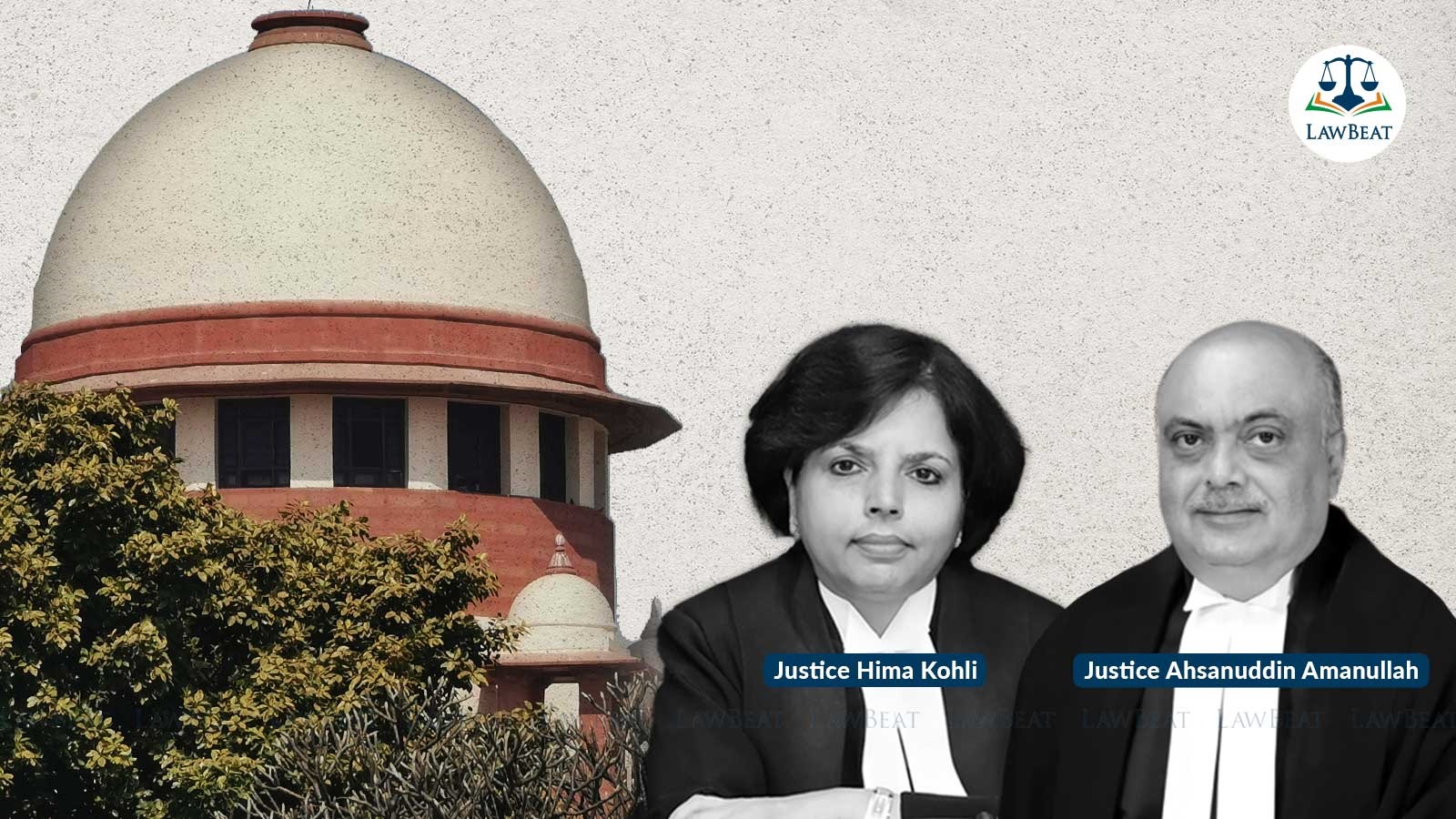Disciplinary authority must consider representation before major punishment: SC

Court found itself unable to find any violation of the principles of natural justice or any arbitrariness or perversity in the punishment
The Supreme Court has said that wherever and whenever the disciplinary authorities concerned impose a major punishment, it will be appropriate for their orders to better engage with the representations or submissions of the delinquent employees concerned.
A bench of Justices Hima Kohli and Ahsanuddin Amanullah, however, said that if the disciplinary authority accepts the findings recorded by the enquiry officer and proceeds to impose punishment based on the same, no elaborate reasons are required.
The apex court allowed an appeal filed by the Rajasthan government and upheld the removal order issued against respondent Bhupendra Singh on September 28, 1993.
The court noted that the removal order made it clear that the disciplinary authority had considered the whole material before it and was satisfied to impose punishment on the respondent.
The delinquent employee was appointed as Inspector (Executive) in the year 1960 and later appointed as Assistant Registrar on April 5, 1973, upon selection by the Rajasthan Public Service Commission.
On October 4, 1979, he was placed under suspension in contemplation of a departmental enquiry for having committed various irregularities.
After completion of the enquiry and the charges having been proved, the respondent was removed from service by an order dated September 25, 1985.
On September 28, 1993, after affording an opportunity of hearing to the respondent, an order for his removal was passed for financial irregularities and insubordination by not obeying an order of transfer.
He approached the high court with writ petitions, which quashed the removal order on the ground of violation of the principles of natural justice, observing that though there was a reference to the representation filed by the respondent, there was no discussion in the order.
Aggrieved by the high court's order, the state government filed an appeal before the apex court.
The state counsel said there had been a gross miscarriage of justice since, despite five charges having been proved with documentary evidence, still, on hyper-technicality, the high court interfered. Further, it was contended that the view taken by the authorities cannot be said to be perverse as it was also a plausible view. It was urged that in such matters, the settled law is that where two views are possible, the one taken by the authorities ought not to be interfered with, only because there can be another view.
The state counsel said the division bench erroneously held that the enquiry proceedings were vitiated as they were based on no evidence and were perverse. In fact, the high court's finding was itself perverse, as there were documents to prove the charges, which the respondent had not challenged as being forged or fabricated.
The respondent contended that the single judge and the division bench had concurrently held that the enquiry was vitiated, and it was a case of no evidence. Thus, this court might not interfere in the matter.
Going by the facts of the case, the bench said, "We are unable to find any violation of the principles of natural justice."
"The facts reveal that an earlier removal order was quashed, and a copy of the Enquiry Report along with the RPSC’s opinion was supplied to the respondent. The respondent, thereafter, received an opportunity to submit a written representation, which he availed of. Further, he was afforded an opportunity of hearing as well," it said.
The court also found that the removal order could not be said to be based on ‘no evidence.’
"On perusal thereof, we find that the removal order is reasoned as on the aspects where the disciplinary authority disagreed with the Enquiry Officer’s report, reasons therefore have been assigned. On the areas of agreement, the removal order bears discussion on the relevant evidence," it said.
The court further noted that the removal order made it clear that the disciplinary authority had considered the whole material before it and was satisfied to impose punishment on the respondent.
The bench declined to reappreciate evidence on each charge, saying the official documents had not been denied or controverted or claimed to have been forged or fabricated.
"In the instant case, in view of the evidentiary material and the process by which a fair opportunity was given to the respondent to present his version, we are dissuaded from upholding the impugned judgment on account of minor deficiencies in the process. The same have not caused prejudice to the respondent to the extent warranting judicial intervention," the bench said.
Looking at the respondent’s conduct as per the record, the bench said, "We do not find any arbitrariness or perversity in the punishment awarded to him."
The court set aside and quashed the high court's orders and restored the removal order.
However, by way of extraordinary indulgence, keeping in mind the fact that the respondent has retired and aged, the bench directed that payments, if any, already made to him in the interregnum, should not be recovered by the appellants.
Case Title: The State of Rajasthan & Ors Vs Bhupendra Singh
